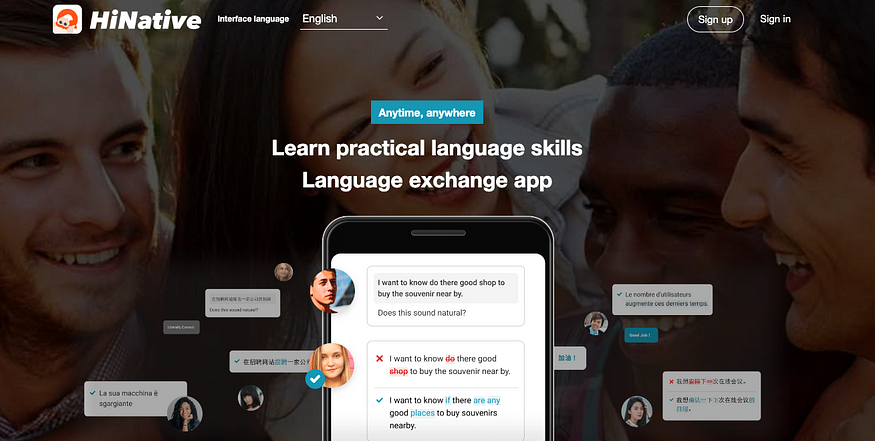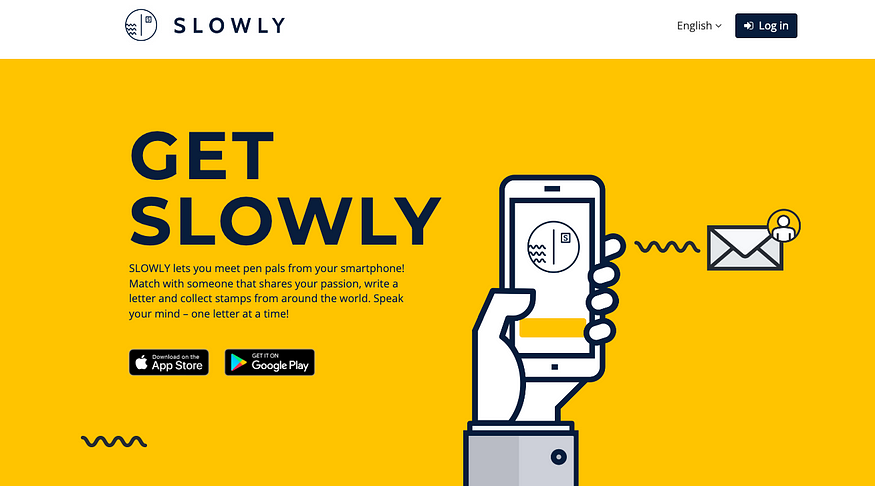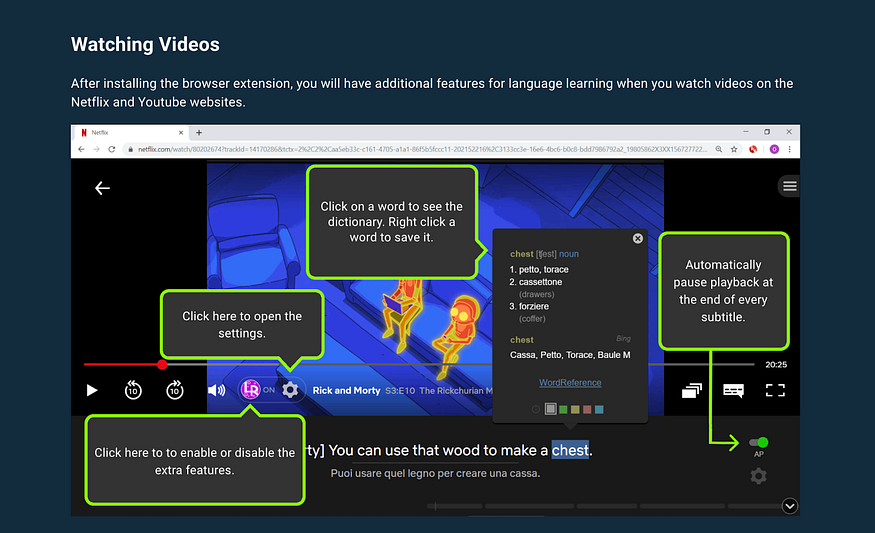How you can become a better language learner.

Mathias Barra is a polyglot. He has studied about 20 languages and is fluent in six.
But Mathias didn’t grow up bilingual. Nor was he a natural talent. “In Spanish classes at school, I didn’t listen at all,” he told me last week.
How can you transform from an average student into a polyglot? And what are the best approaches to learning languages?
The interview is well worth your time, but if you’re in a rush, skip to the key point summary at the end.
Mathias, how many languages do you speak?
I’ve studied about 20 languages, and I feel comfortable in six languages. In order of proficiency, these six languages are French, English, Japanese, Spanish, Korean, and Chinese.
So what about the other 11 languages?
I typically don’t list them as I don’t have the comfort level as in these other six. For example, I’ve been learning German for a while now, but I don’t consider myself able to hold a fluent conversation. I use your podcast as a listening practice.
How did you become a polyglot? What’s your learning approach?
This has changed over the years, as my goals have also changed.
My first language was English. I learned it in school. But I wasn’t a good language student. I took Spanish and Latin classes but didn’t listen or learn.
I had this friend who was fluent in English. And I asked him, „How did you do it?“ And he told me he learned English through pure exposure to tons of TV shows. So I did that for a year, and I watched hundreds and hundreds of hours of English. First, with French subtitles and after two months, with English subtitles. Then, I disabled them completely.
For Spanish, I had classes in high school. I was pretty bad at it. At one point, I did a six-month internship in Spain. This allowed me to transform the bit of knowledge I had from high school into active knowledge. While in Barcelona, I also learned Catalan.
Japanese was the language I approached in the most organized way. I learned it out of pure interest. I studied a bit on my own and had two years of evening classes. I studied 300 characters in about a month and took a university exam. I also studied grammar patterns, watched anime and Japanese dramas, and read as much as possible in Japanese.
At the same time, I studied Korean. After about two months, I took intermediate evening classes. I started way behind everybody, but I watched a lot of Korean stuff. I studied with different textbooks and went to Korea for two months, which unlocked everything.
And I learned Chinese mainly by working on an Assimil book, a collection of books with bilingual texts and not much grammar. I watched tons of Chinese TV shows and movies, especially the Voice of China with subtitles in Chinese. And after three months, I had my very first Chinese conversation without any problem.
You said you like studying grammar. How do you do it? Can you be specific?
This has evolved over the years, and I’ve not always done it like this. I now focus on patterns I actually want to know.
I usually go through standard constructions, for example, the language word order. Is it Subject Object Verb or Subject Verb Object?
I learned standard sentence structures such as I want to, I think, I could, I can, I should, and so on. And I learn a few keywords, such as FANBOYS (For, And, Nor, But, Or, Yet, So).
Then, I use technical elaboration to make these sentences my own. I take one simple sentence and expand it. Here’s how it goes.
- I go to Germany
- I go to Germany next month
- I go to Germany next month because I study German
- I go to Germany next month because I like German and I want to study German
I elaborate with as many grammar patterns as I can.
Once I’m satisfied with a very long paragraph, I take another topic and reuse the same grammar patterns with new vocabulary, so I can really cement the knowledge of those grammar patterns.
So when you do this, do you have a textbook or Google Translate next to you? Or do you recall things from your memory?
It’s pretty much a bit of everything you said and depends on my proficiency. If I have a comfortable level in the language I try to do it all by heart with no support.
Google Translate is not always right, so I sometimes also use a platform called HiNative to ask native speakers whether my paragraph is right or wrong.

Which tools do you use to learn a new language or to improve existing skills?
On HiNative I ask questions such as „Hey, is this correct?“ Or „Can you pronounce that sentence for me or check whether my pronunciation is correct?“
And then, I use Anki, a computerized flashcard program. I use it not for single words but to focus on context. For example, I make sentence cards or cloze-deletion cards.
Then I still use Journaly, a platform that allows you to type a text that natives correct.
And then there’s radio.garden to listen to any radio in the world. I use that to have background sounds of the language I’m studying at the moment.
What I like on top of these tools is Slowly, a language tandem exchange that sends replies in the time a letter would take.

If we look at language learning from a meta-perspective, what’s the best approach? Immersion, active conversation practice, learning vocabulary by heart?
Before you start, you need to be clear about your timeline. By when do you want to have achieved which type of skills?
Many people online rush into language learning. But I think it’s better to take your time. The most important thing is to find some activities that you actually enjoy in the language.
The best way to study languages is not to limit it to study time, but to make it part of your life, for example, through exposure.
Learn basic Grammar and practice with a tutor or a partner through iTalki. You can also record yourself for HiNative to get some feedback. And you can use Speechling to work on listening comprehension.
In essence, there’s no single best way to study languages. I approach every language I learn differently. In Thai, for example, I rely on written stuff while in German I use more audio input.
The most important thing is to find some activities that you actually enjoy in the language.
Can you share examples of how you integrate language learning into your daily life?
I don’t have a routine for language learning anymore. It’s part of whatever I do. For example, whenever I watch something on Netflix, I always use Language Reactor. The free browser extension adds dual language subtitles and a pop-up dictionary.

I also have background music from Radio.garden or listen to a podcast. Right before our call today, I listened to a Chinese podcast.
I also hang a lot of stuff on my walls and keep looking at specific words. And I write my diary entries in Korean.
I put my phone in a different language. Right now, it’s German.
And I regularly chat with friends in their native language, which helps me practice without actively trying.
I recently started studying two languages at a time, rather than one. In this way, you can alternate whether you want to do A or C. While progress is slower, you can alternate between the language you feel like learning.
I don’t have a routine for language learning anymore. It’s part of whatever I do.
How do you prevent yourself from forgetting a language?
First of all, I accept that I’ll forget stuff. But I regularly review my Anki decks, keep talking to friends in foreign languages, or schedule intense study periods for certain languages.
For example, last year, I had an intensive Spanish period where I binged, watched a Mexican TV show in Spanish with Spanish subtitles and read a Spanish book.
What are the most common mistakes you see most people making when learning languages?
The worst mistake is that most people rely upon Duolingo as the only method. The app is great because it makes language learning more approachable. But too many people think it’s enough.
And the other mistake is learning a list of common words. It’s not useful. You might not need many of the words and don’t learn with context. Even if you know all the words but don’t know how conjugation or clauses or genders work — how are you going to make sense of all of it?
It’s better to construct your own sentences. Write the word down that you want to know and practice with it. That’s what makes your studying time more useful.
Duolingo is one of the reasons so many people fail to learn a foreign language.
— Mathias Barra
Thanks for your time Mathias. How can people learn more from you?
I write and publish on Medium (Mathias Barra). And I run the average polyglot newsletter on Substack where I write seven bullet points about language learning and cultural differences each week. And I tweet regularly.
Key Takeaways
While there’s no single best way to learn a language, mixing methods does help (hint: Duolingo is not enough). Tools that can help include HiNative, Journaly, Anki, Slowly, iTalki, and Speechling.
Combine studying on your own and in structured settings, such as online communities on Discord or iTalki. Learn grammar by elaborating on standard constructions.
Find activities that you actually enjoy in the language and make it part of your life, for example, through:
- watching a Netflix series with subtitles, Mathias uses the Language Reactor extension)
- reading a book in the language you’re learning, Mathias loves easy readers
- listening to radio shows or podcasts in the language you’re learning, for example, on radio.garden
- switch your phone settings to another language
- write your diary in the language you’re learning
Whatever you decide to do or not do, enjoy your language learning journey.
Want to feel inspired and become smarter about how you learn?
Subscribe free to my Learn Letter. Each Wednesday, you’ll get proven tools and resources that elevate your love for learning.